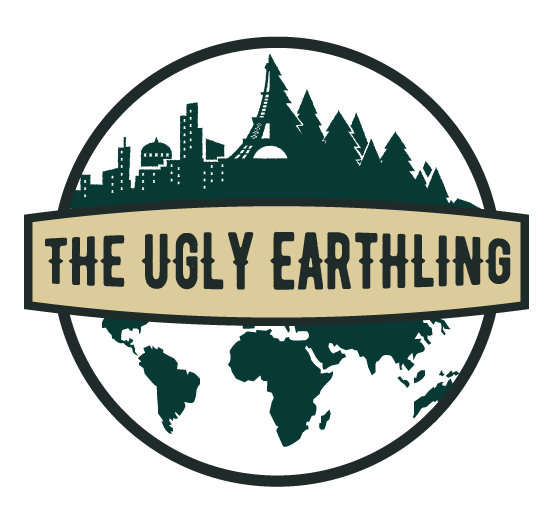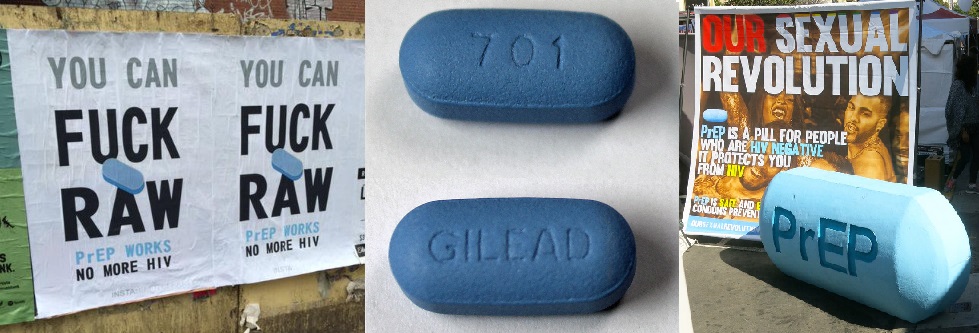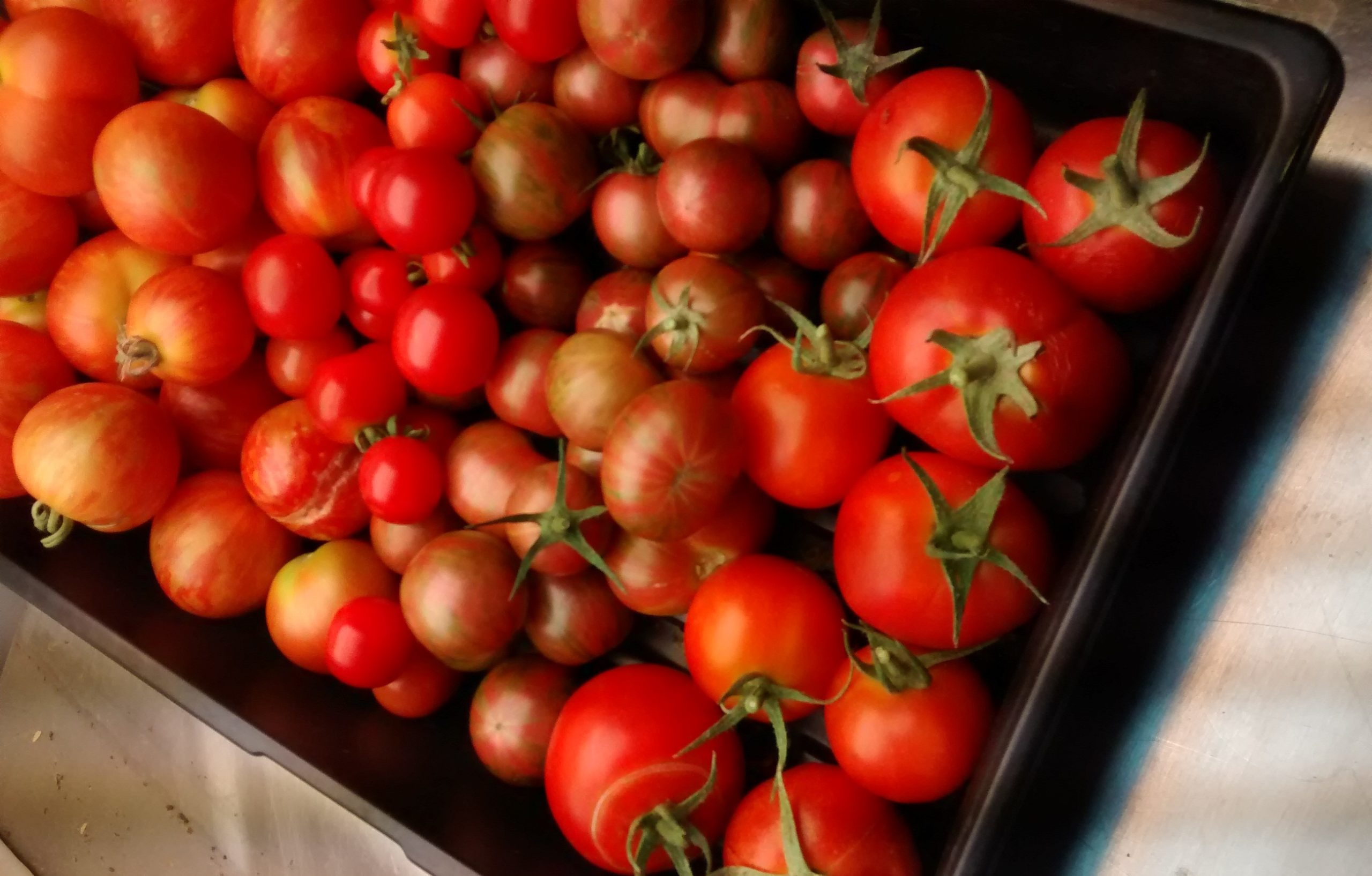
New vegetarians always jump straight for the soy.
All those trendy-looking meat-substitute packages pop from supermarket refrigerators, perkily promising to taste, well… just like chicken. Some of them do, but a lot of them are just terrible—bland, mealy, or just downright strange. After a few months of experimenting (and some raised eyebrows among skeptical carnivore friends), a few brands turn out to be decent enough. The New Vegetarian learns how to passably cook tofu, she establish a dietary routine, and all seems settled in the world again.
I’m here to shake up that newfound comfort with soy.
Not Just For Vegetarians
Although many people assume soy is just for edamame and vegetarians, about 98% of US soy meal (the part with the protein) and about 75% goes to feed livestock, and about 75% globally. Actually, the WWF estimates that only 6% of all soybeans grown are used as food, and most of that percentage is imported by Asia. “Textured vegetable protein” is a soy product frequently used to cut ground beef without losing nutritional value. A small percentage (2% globally) of soy is used to produce biodiesel, though it is projected to supply 10% of EU biofuel production by 2020.
GMOs
As soy becomes more popular, more land is being allotted for its growth. The United States is one of the world’s largest soybean exporters, producing 31% of the total global supply between 2012/13. Interestingly, China is one of the biggest importers of soy. The country’s cuisine is traditionally tofu-heavy, and it is problematic and unsustainable to rely on such a large volume of overseas and therefore emissions-heavy produce.
More than 90% of USA-produced soy is genetically modified, generally to encourage immunity to herbicides. Even if you are unphased by the prospect of GMOs in your diet, herbicide-resistant crops are still problematic. They can encourage farmers to use greater quantities of the toxins than they otherwise would, which can then leak into neighboring farms, ecosystems, and water sources. These chemicals remain on plants sold for human consumption, which can cause health problems for farmers and consumers.
Vegetarian Deforestation
Brazil and Argentina are the other two heavy lifters in GM soy exports, the Amazon Rainforest has felt the hit. Studies indicate that soybean production was associated with 65% of the deforestation of Mato Grosso (one of the largest soy-producing regions in Brazil) between 2000 and 2010. Deforestation at this level has been responsible for species extinctions and endangerments and the destruction of millions of habitats. It has only increased since then—92% more forest was cleared between August 2012 and July 2013 than during the same months the previous year.
Even where farmland already exists, replacing livestock farms with soy farms is not necessarily the answer. In the UK, for instance, land that is suitable for cattle could support only about a tenth of the protein content of a soy crop substitute. Ten times more land would need to be deforested or redeveloped to feed the same number of vegetarians as carnivores.
Soy suddenly doesn’t seem so sustainable.
Convert to Carnivores?
Soy isn’t the answer—at least not the be-all, end-all. But in terms of greenhouse gas emissions and overall contribution to global warming, it’s way better than meat. No competition there. It’s a complete protein, with all the amino acids. Despite controversial studies to the contrary, most research indicates that it doesn’t support or prevent breast cancer. Men don’t have to worry, either: soy contains phytoestrogen, which only mimics estrogen sometimes, loosely, so it won’t mess with your hormones. Explore your options. Soy is just not the only meat alternative.
Vegetarians concerned with the whole picture—that is, not just animal welfare, but the welfare of our planet—need to diversify their protein sources. Eat soybeans, sure, but eat lentils too, and black beans and chickpeas. Seitan (wheat gluten) is delicious and even higher in protein than tofu. Whole grains like quinoa and amaranth are a clutch addition to any diet, vegetarian or otherwise.
Dietary diversity is important, and it’s fun too, so treat your body and your planet well by doing your research, branching out, and spreading the veggie love.




